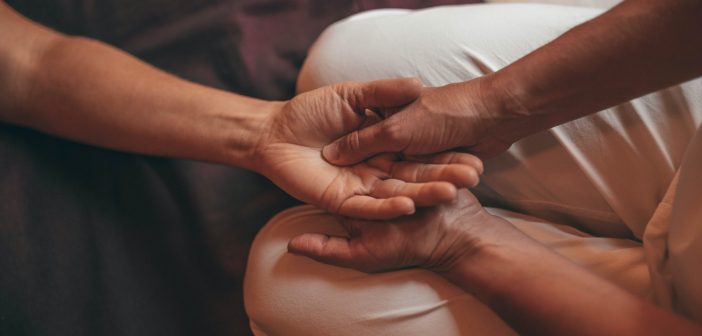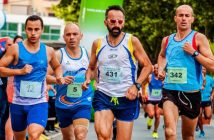I have always been a relatively healthy person. I try to eat well despite my sugar addiction and get regular exercise despite my love of a good Netflix binge, but most of it is just luck. So far (knock on wood) I have dodged the majority of the genetic bullets in my family tree. But several years ago, I started to notice the telltale signs of osteoporosis in my hands. It’s not surprising, most of the women in my family have suffered from this degenerative disease and it started to affect my mother and grandmother when they were just about the same age I am now (21 for those of you who are wondering ;). There is no cure, only medication for symptoms, and the pain was relatively minimal and sporadic. I didn’t want to commit to popping pills for the next 40 years, so I just assumed I would need to suck it up. Until I suffered thru a Beijing winter! The dry air and bitter cold made my hands swell and my joints ache and I was seriously considering seeking medication when a friend suggested acupuncture.
Like most Westerners, I am pretty skeptical of Traditional Chinese Medicine (TCM), especially when you hear it involves willingly becoming a human pin cushion. But she swore up and down that it had made a huge difference in her health and she had an excellent recommendation for a legitimate practitioner. She sent me his contact card and after a brief WeChat conversation with Dr. Wang Fei from Kangyuan Chinese Medicine Clinic, I agreed to give it a try.
He came to my apartment at our scheduled time and asked me questions about the pain, what triggered it etc, and examined my swollen fingers. He asked about other sore spots or aches I experienced, and it felt surprisingly like a doctor making a house call. As I lay still with about two dozen needles sticking out of various pressure points (it didn’t hurt at all) Dr. Wang and I chatted, and I got quite the education about the history of this particular Chinese tradition.

The techniques of the practice are very carefully guarded. Wang told me in each generation only one boy per family is chosen to learn them, and he started studying under his uncle when he was young. He is a sixth-generation practitioner and his family has been passing down the secrets of this ancient art for 167 years!
According to Dr. Wang, the oldest record of acupuncture is from the Warring States Period in the book Huang Di Nei Jing (The Yellow Emperor’s Medicine Classic). It describes using small sharp objects strategically placed in the skin to balance the body’s yin and yang which allows the qi to flow. In modern laymen’s terms, the body has 361 acupoints, and stimulating them allows blood to flow more freely to joints and viscera which helps the body heal itself. Acupuncture can be used to help treat an entire host of problems ranging from nausea to nicotine addiction. He even went so far as to suggest children can see improvements in things like asthma and Tourette Syndrome symptoms but for the record, you should always discuss treatments with your child’s pediatrician before considering that route.
After about 30 minutes he removed the needles and our session was over. At that point, I didn’t feel any different and thought, “well let’s chalk that up to an interesting expat experience.” But the next morning… the swelling in my hands was gone and I had zero pain for the next three days. I assumed it had to be a placebo effect but after my second and third treatment, the benefits compounded. I went a full month with no pain or stiffness, it might still be a placebo (the modern science is inconclusive) but I don’t care because it’s working!
One of the great things about expat life in Beijing is the opportunities to try new things. So often we end up focusing on the big Kodak moments like hiking the Great Wall and visiting the Terra Cotta Warriors but this experience was a great reminder that everyday things can and should be horizon expanding. I’m so glad I put aside my skepticism and western bias. I may still eventually need medicinal intervention, but this experience gave me a couple more prescription-free years and some new insight into Chinese culture. That’s a win-win.
Feel free to contact Dr. Wang for your own session add him on WeChat at wxid_09u4iaohl9w12
KEEP READING: Is Traditional Chinese Medicine the Future of Global Healthcare?
Images: Unsplash




